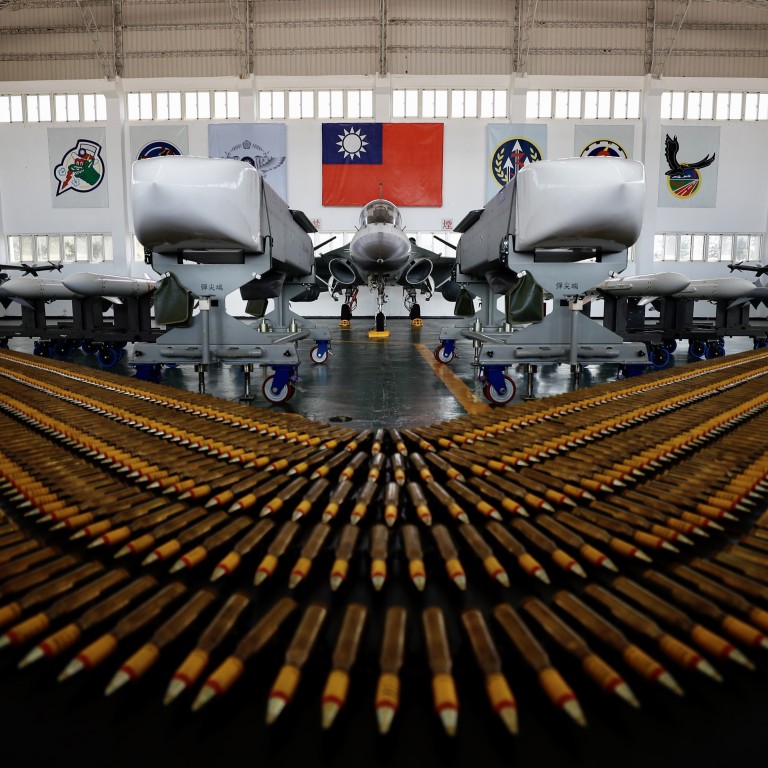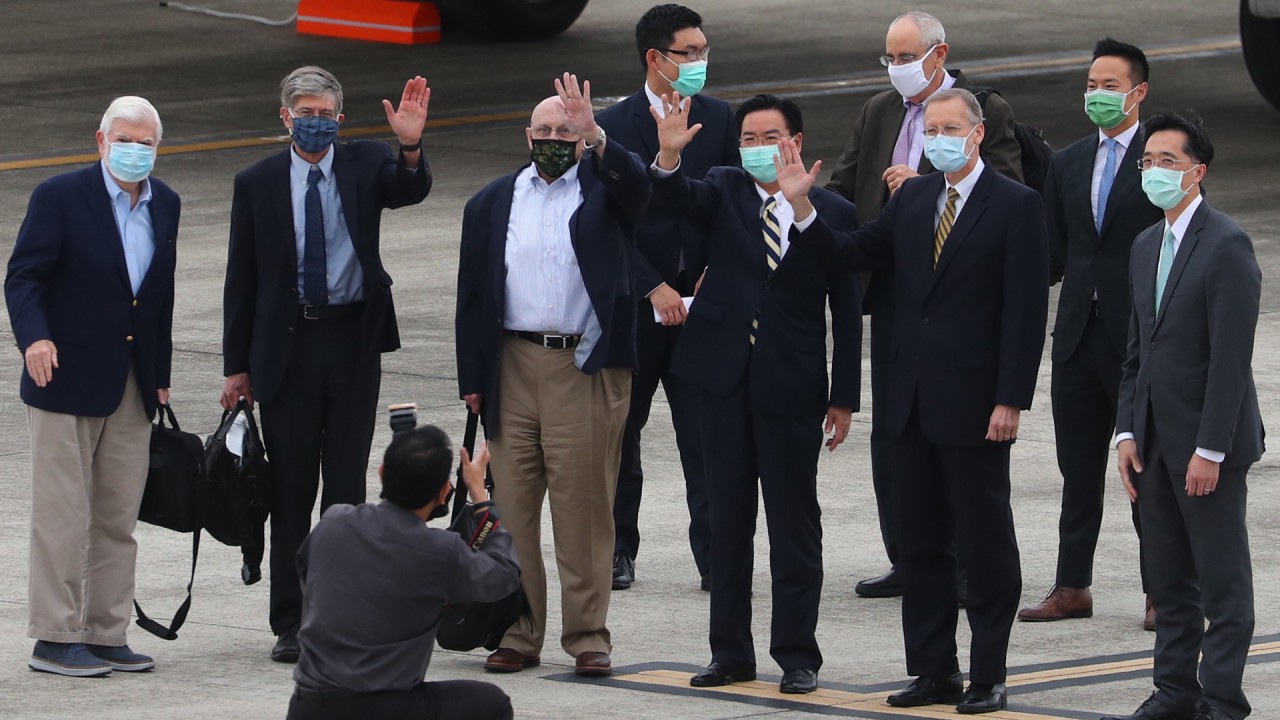
Taiwan vows to defend itself after Yoshihide Suga qualifies Japan’s stance
- Our duty to safeguard our own national security, Taiwanese foreign ministry spokeswoman says
- Suga has said last week’s joint statement with the US, which stressed importance of peace across Taiwan Strait, ‘does not presuppose military involvement’
“It is an unshirkable duty for us to safeguard our own national security, and Taiwan will shoulder the responsibility by itself to protect its people’s homes and defend the country,” Joanne Ou, spokeswoman for Taiwan’s foreign ministry, said on Thursday.
He was responding to a question from an opposition politician about the possibility of Japan joining the United States in sending forces to help Taiwan in the event of an attack by Beijing, which claims sovereignty over the democratic island and vows to bring it into its fold by force if necessary.
In the joint statement, the US and Japan underscored the importance of peace and stability across the Taiwan Strait and encouraged a peaceful resolution of cross-strait issues. That was the only reference to Taiwan in the statement, which covered a host of regional and global issues as well as mutual defence and bilateral cooperation.
The reference was the first since Tokyo switched diplomatic recognition to Beijing from Taipei in 1972, and was reported prominently by the Japanese media as a sign of Japan taking a hawkish stance towards Beijing.
It triggered strong protest from Beijing, which warned Japan and the US to stay out of what it considers “internal affairs” involving Taiwan.
On Thursday, Taiwan’s foreign ministry said in a separate statement that the US-Japan defence alliance was the cornerstone of peace and prosperity in the Indo-Pacific region, and that the reference in the joint statement reflected the two countries’ strong consensus over security in the Taiwan Strait and Indo-Pacific.
Did Japan ignore alternatives to dumping contaminated Fukushima water?
It noted that Suga had previously told the Diet that Japan’s position was to have the cross-strait dispute resolved by peaceful means.
“We welcome concerns from international society on cross-strait peace and stability … and it is our own responsibility to safeguard our national security,” the statement said. Taiwan would continue to communicate and cooperate closely with the US, Japan and other like-minded countries in upholding cross-strait stability and maintaining security and prosperity in the Indo-Pacific region, it said.


